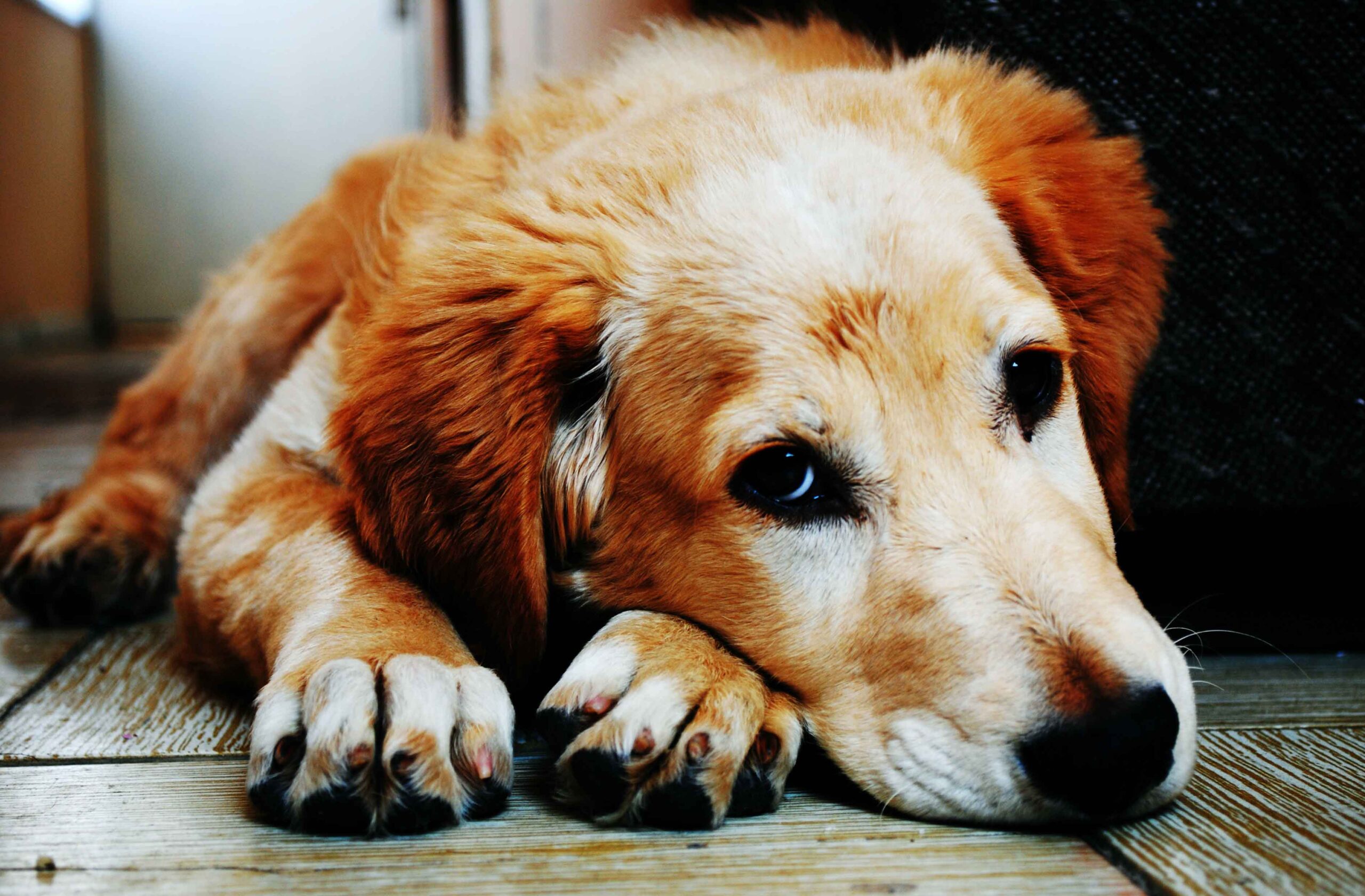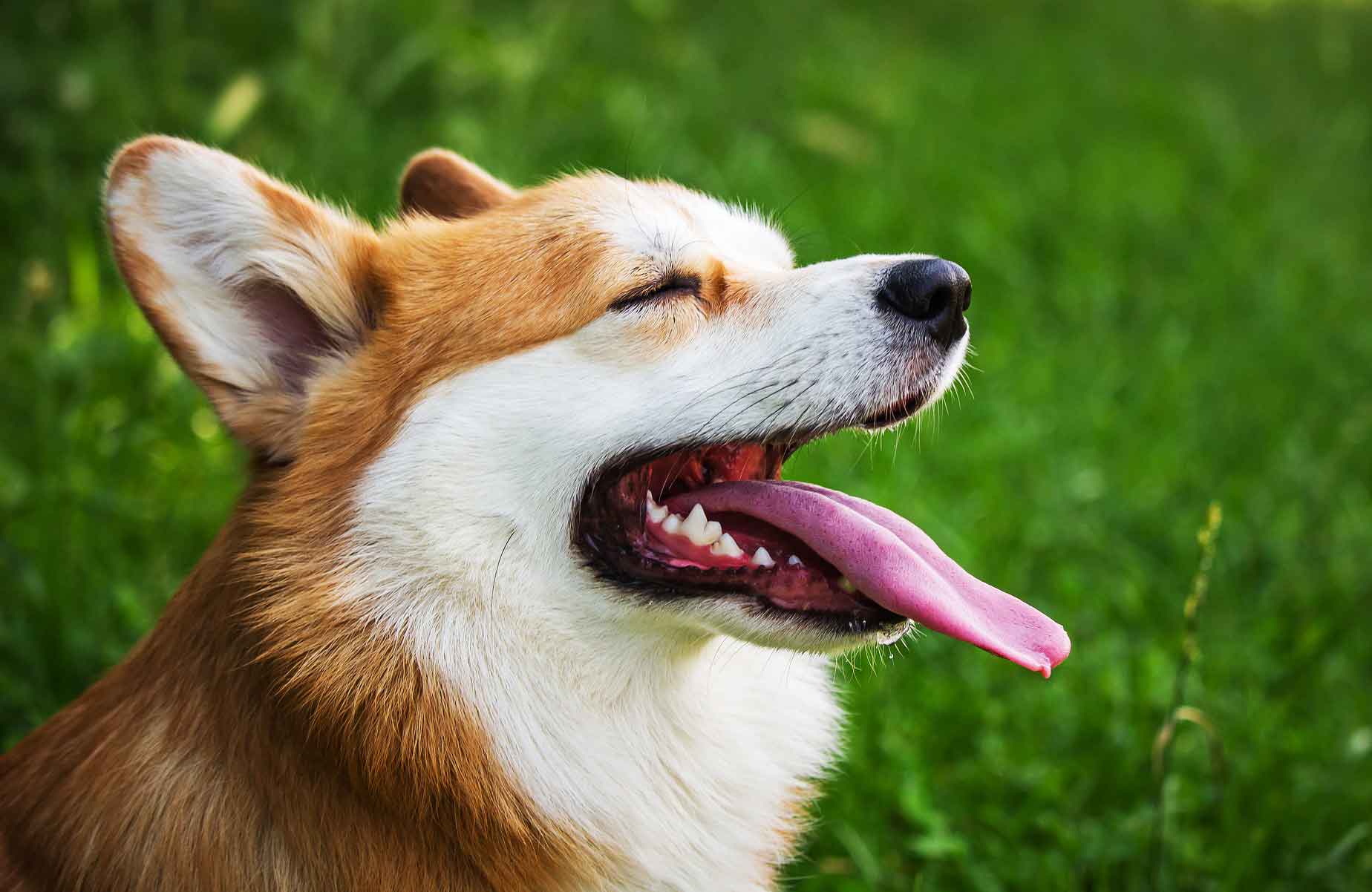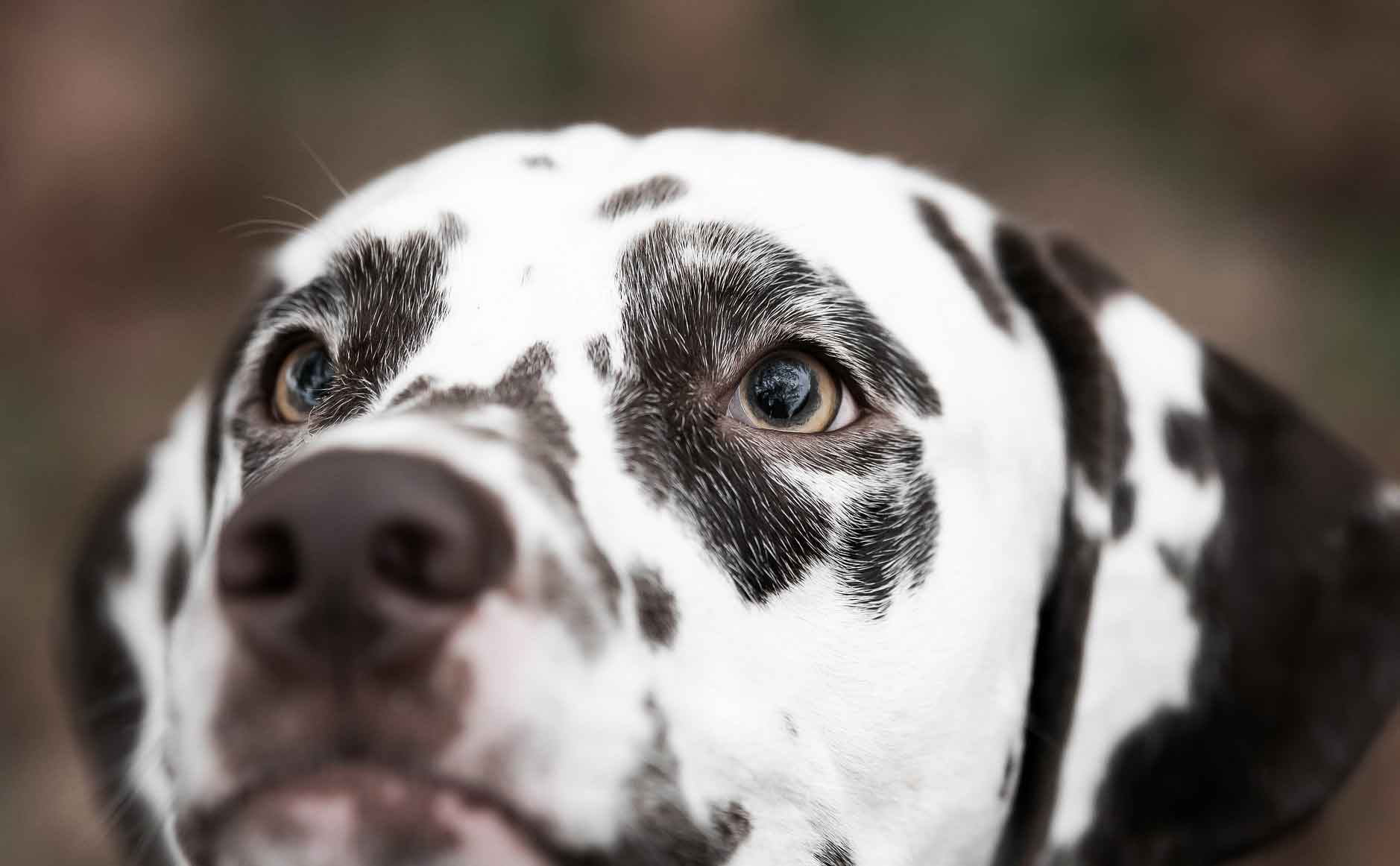
What smells do dogs hate? Dogs have an incredible sense of smell, with their noses capable of smelling scents at concentrations as low as one part per trillion. While their sense of smell is powerful, their smells vary depending on the breed and the dog’s current environment and state of mind.
Certain smells are more likely to be associated with danger, while others are commonly associated with comfort and pleasure. Paying attention to your dog’s responses when you change the scents in your house can give you insights into what they prefer and what they find distasteful or alarming.
Any dog owner will tell you that their pet doesn’t like certain smells; it’s one of the first things we learn about our new family members as we try to narrow down the source of their whining and sniffing when they encounter something they don’t like.
While some smells dogs hate are apparent—garlic, onions, citrus, etc.—there are several smells they dislike that may not be so clear to humans.

Some smells make dogs uncomfortable.
Don’t you hate it when someone leans into your personal space with a potent fragrance, like too much cologne or perfume? Well, that’s precisely how your dog feels when you get near her with certain scents. The good news is there are ways to create a less scary environment for your dog.
Remember that every animal is different, so what scares one won’t score another. Here are 10 smells dogs hate and easy ways to help them overcome their fears.
Citrus Fruits
There are many reasons why citrus fruits are pretty scary to dogs. Citrus contains limonene, a potent aroma (some people can’t even stand it!). If you’ve ever smelled citronella candles, that’s what dogs think of when they smell citrus—that nasty stuff humans use for repelling insects.
A dog’s sense of smell is about 100 times more sensitive than ours, so it stands to reason that their aversion to citrus is pretty significant. Lemon juice and orange juice are two everyday household items dogs tend to keep their distance from.
Essential Oils
There are a lot of smells that dogs hate, but there’s one essential oil in particular that will work for most situations. It’s lavender oil, also known as one of nature’s most effective aromatherapy oils. Lavender has long been recognized for its soothing effects, and research has found it can reduce anxiety and insomnia in people.
As far as scaring dogs go, many experts recommend diffusing lavender or blending it with other oils to make a spray you can use on your body or objects. When used consistently, these natural products should help scare away any dog (as long as they don’t like lavender).

Grass
It may seem harmless enough, but grass contains large amounts of nitrates that can put dogs into hypoglycemic shock. Similar symptoms include lethargy, loss of coordination, lack of appetite, fast heart rate, and seizures.
If your dog gets into a lawn, get him inside as soon as possible and have him drink plenty of water to counter-act nitrate poisoning.
The grass is less scary if you can keep it out of reach or confine your dog when you’re outside with him. If he does get into your yard or a neighbor’s lawn, clean his fur afterward with vinegar—it makes him smell less like grass around other dogs.
Garlic
It’s hard to go wrong with garlic. It’s been used for centuries for pest control because it can scare away vampires, pesky insects, and even dogs. Keep a jar of minced garlic in your kitchen drawer or try planting some near your garden; you can use both as an organic pest deterrent.
While some dogs don’t mind its smell, others may avoid you if they detect it on your clothing or skin. If they give off an intense odor upon being frightened, it will be more difficult for them to blend into their natural environment. In addition, it can lead animals into associating humans with fear rather than food when used regularly.

Onions
If you’ve ever snuck into a sushi restaurant without noticing, then you know how strong onions can be.
Onions are powerful enough to make even dogs cry, but luckily there are ways to mask their scent that humans can benefit from. If you want to cook with onions in your home kitchen but don’t want a puddle of canine tears on your hands afterward, try chopping up some garlic along with it (or combine them in dishes like risotto or stew).
The same goes for leeks: They share a similar odor profile with onions, so mix them when cooking if you want a no-fuss solution. Keep your onion breath at bay by mixing crushed mint leaves into green salads—or better yet, switch over to chives.
Perfume or Aftershave
When we put on perfume or aftershave, it’s usually because we want to smell nice. Too much of a good thing is bad for us; it’s also bad for our dogs (and most other pets).
Even if you don’t like a particular scent, you may be surprised at how intense these substances can be! As with many things humans find appealing, dogs often find these smells repulsive. If your dog runs away from you or loses his cool when you apply your perfume or cologne, try using them in moderation (if at all). Another option is unscented body washes and hand soaps.
Cigarette Smoke
Pets are susceptible to scents, so cigarette smoke—and secondhand smoke, as well—will smell much stronger to them than it does to you.
You might notice your pet shaking its head or rubbing against the furniture when you’re smoking in a room, but you’ll never know what kind of havoc it’s wreaking on his lungs and respiratory system.
To make secondhand smoke less scary for your pet: Quit smoking; minimize smoking around your pets; keep smoking out of reach; install a high-efficiency particulate air (HEPA) filter in rooms where you smoke; take him outside with you when you’re having a cigarette.

Coffee
The smell of coffee beans or brewing coffee is often off-putting to dogs. This scent can sometimes be attributed to caffeine, affecting a dog’s heart rate. Coffee grounds are safe for dogs, but avoid having your pup around coffee beans or finished beverages if you’re concerned about caffeine intake.
When you consider that a single espresso contains between 60 and 120 milligrams of caffeine, it might not be such a bad idea! But don’t worry: Whether your pup likes it or not, they won’t be getting any coffee today – so there’s no need for them to lose their appetite!
Cleaning Products & Strong Detergents
Strong detergents may contain toxic chemicals that are harmful to your dog’s health. If you use strong detergents or cleaning products that smell pungent, like paint thinner, always make sure you wash your hands after handling them to keep from accidentally poisoning your dog.
Alternatively, avoid cleaners altogether and opt for natural products made with essential oils like lemongrass, eucalyptus, lavender, or mint. Strong-smelling household items can sometimes be placed in a closed room overnight before being disposed of; open containers should never be left within reach of dogs.

Coconut Oil
Not all essential oils are created equal, but coconut oil is one smell dogs will genuinely loathe. Since it’s a food and essential oil, you can use it for baking cupcakes and cooking food for your dog without worrying about any adverse side effects. If you have trouble convincing your dog to eat their snacks but enjoy having snacks around for them to munch on, cooking or baking with coconut oil is an excellent way to give them tasty treats without giving them anything unhealthy.
The oil also helps kill fleas and ticks, so you don’t have to worry about your dog bringing these pests into your home. It smells great (in case you’re wondering), and it won’t harm your pets.
Peppermint
A 2000 study published in Behavioural Processes found that peppermint is a natural counter-conditioning scent for dogs, meaning that it causes them to stop reacting to bad smells.
Sprinkle peppermint around your yard to get rid of dog poop smells. This works because pet poop has an especially pungent smell that gives off potent pheromones. The pheromones from dog poop may make your yard stink so bad; other pets avoid it, but adding peppermint oil interferes with those pheromones and attracts other animals instead.
Camphor
They are used in many antifungal, antibacterial, and antiparasitic products. Camphor also helps repel insects and seems to hurt some dogs. Peppermint: This herb is said to have an odor that many dogs dislike, so that it could be added to homemade flea repellents or used in herbal shampoos.
However, if your dog doesn’t like peppermint, keep him away from mints and gum. Cats hate them too! Garlic: Although often associated with vampires for humans, garlic is another common ingredient found in commercial flea products.
Eucalyptus
Unless your furry friend has allergies, eucalyptus oil is likely one of their least favorite scents. On top of that, it’s toxic to dogs! According to Homestead Survival, There are two reasons that you don’t want to have Eucalyptus oils around your pets. Safety is first; most eucalyptus oil products are toxic if ingested by a pet.

Listerine
A dog’s sense of smell is said to be 1,000 times stronger than a human’s, which means they can detect chemicals that humans would never notice. Because Listerine contains ethanol and other ingredients with a strong scent, it’s not surprising that Listerine works to deter unwanted dogs.
The antiseptic and antifungal properties in Listerine are also effective when used as a flea repellent; dog owners spray their pet with Listerine (instead of toxic flea sprays). This DIY insecticide has become so popular that many online sites sell doggie-size bottles.
Ginger
The scent of ginger is often used in homemade natural repellents to keep away insects and snakes, but it can also be used to keep your dog at bay. (Or at least dissuade them from chewing on you!) Ginger does have an unfortunate side effect of attracting dogs who are pregnant or about to give birth, however—so for all those expecting moms out there, beware.
All that being said, ginger is a great way to keep your canine friends from destroying anything you have around your house.
They won’t be able to resist it! To make a natural repellent with ginger and essential oils like citronella and peppermint, follow these easy steps: Add two drops each of peppermint oil and citronella oil into a spray bottle full of water.

Vinegar
Whether we like it or not, dogs can smell fear. And vinegar does a great job of removing fear from you, making it seem as if you’re super confident.
They’ll get so used to your new scent that your dog will no longer be afraid of you or want to bite or hurt you. So don’t worry, it won’t harm them in any way and will make them love you more. You can find it at any grocery store for a low price!

